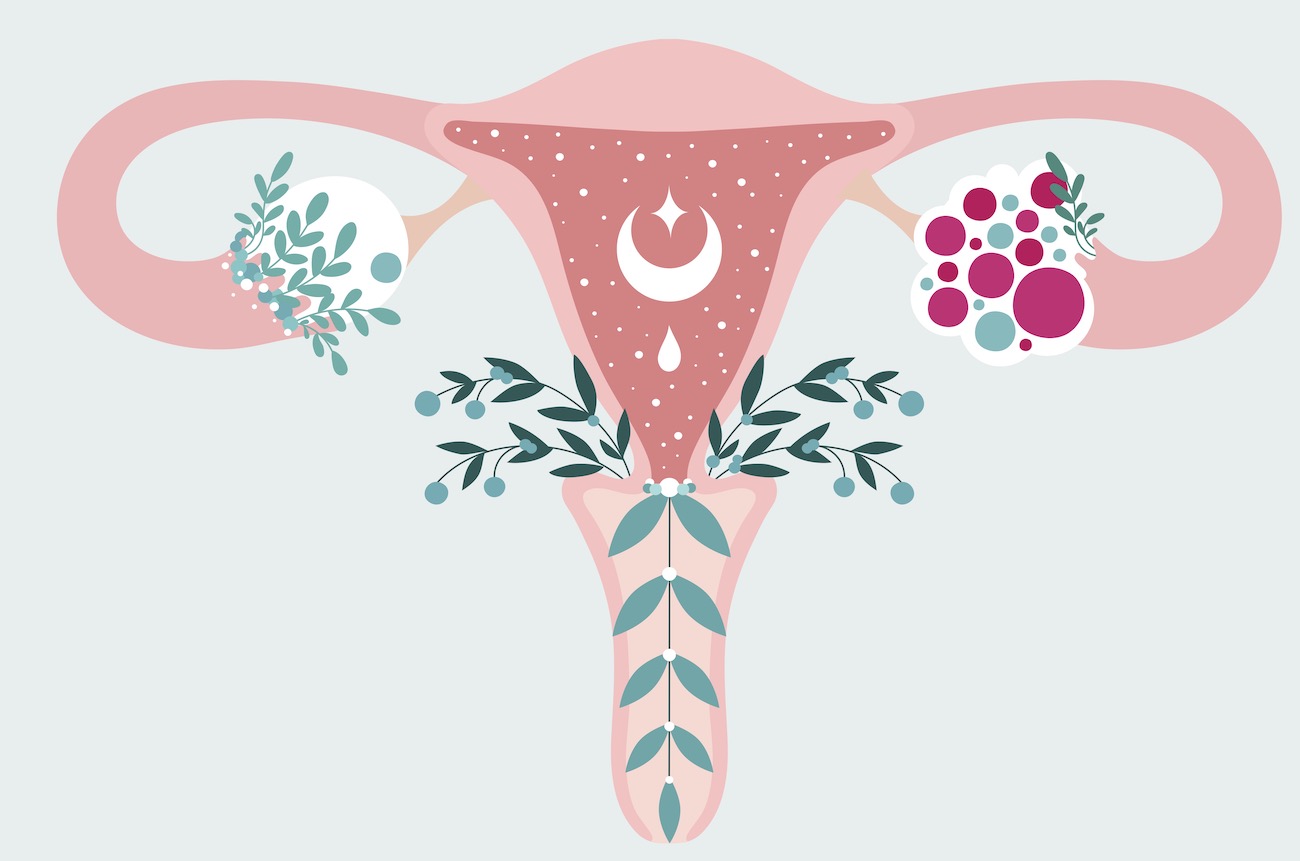Maintaining a healthy lifestyle is crucial for optimal fertility, whether you are trying to conceive or planning for a future pregnancy. Exercise plays a significant role in promoting overall well-being and can have a direct impact on your fertility journey. In this comprehensive guide, we will explore the relationship between exercise and fertility, the types of exercises best suited for trying to conceive, the impact of exercise on insulin resistance and its tie to fertility and ovulation, as well as the role of BMI in fertility.
Understanding BMI and its Role in Fertility
Before delving into the specifics of exercise and fertility, it is important to understand the role of Body Mass Index (BMI) in reproductive health. BMI is a measure of body fat based on your weight and height. Calculating your BMI can provide valuable insights into how your weight may affect your fertility and help determine how much weight you should gain during pregnancy.
An ideal BMI falls within the range of 20 to 25. However, both low and high BMI can have implications for fertility. If your BMI is below 18.5 or above 30, you may face increased risks of infertility. For individuals with a BMI over 30, even minimal weight loss can significantly improve fertility outcomes.
The Relationship Between Exercise and Fertility
Exercise is a vital component of a healthy lifestyle, regardless of whether weight loss is a goal. Engaging in regular physical activity not only helps maintain a healthy weight but also enhances overall fertility. Research indicates that exercising for at least 30 minutes per day decreases the risk of ovulatory-factor infertility.
However, it is important to strike the right balance. Over-exercising or engaging in more than 60 minutes of physical activity per day may increase the risk of ovulatory-factor infertility. It is crucial to listen to your body and find exercise routines that energize you rather than exhaust you.
Exercises for Optimal Fertility
When it comes to exercising for fertility, not all forms of physical activity are created equal. Some types of exercises are particularly beneficial for reproductive health. Let’s explore a few exercises that can support your fertility journey:
1. Cardiovascular Exercises
Cardiovascular exercises, such as brisk walking, jogging, or cycling, are excellent choices for enhancing fertility. These exercises increase blood flow to the reproductive organs, which promotes a healthy hormonal balance and optimal functioning of the reproductive system.
2. Strength Training
Strength training exercises, including weightlifting and resistance training, can improve insulin sensitivity and help regulate hormone levels. Building muscle mass through strength training can also boost metabolism and support weight management, which is important for fertility.
3. Yoga and Pilates
Yoga and Pilates are low-impact exercises that can enhance flexibility, reduce stress, and improve overall well-being. These mind-body practices focus on breathing techniques, relaxation, and gentle movements, making them ideal for individuals trying to conceive.
The Impact of Exercise on Insulin Resistance and Ovulation
Insulin resistance, a condition in which the body’s cells become less responsive to insulin, can disrupt ovulation and fertility. Regular exercise plays a crucial role in improving insulin sensitivity and reducing the risk of insulin resistance.
When you engage in physical activity, your muscles utilize glucose for energy, which helps regulate blood sugar levels. By improving insulin sensitivity, exercise promotes ovulation, which can be impaired in those with insulin resistance and PCOS. Additionally, exercise can aid in weight management, which further supports hormonal balance and fertility.
The Importance of BMI in Fertility
BMI is an important factor to consider when assessing fertility. A healthy BMI range promotes better reproductive outcomes, including promoting a healthy pregnancy for you and baby. As mentioned earlier, a BMI between 20 and 25 is considered ideal for fertility. However, both low and high BMI can impact fertility in different ways.
Low BMI and Fertility
Having a BMI below 18.5 can lead to irregular menstrual cycles and ovulation problems. Inadequate body fat can disrupt hormone production, making it more challenging to conceive. If you have a low BMI, it is essential to consult with a healthcare professional or fertility specialist to address any underlying issues and develop a plan to optimize your fertility.
High BMI and Fertility
A high BMI, specifically a BMI over 30, can also have detrimental effects on fertility. Excess body fat can disrupt the delicate hormonal balance necessary for healthy ovulation and implantation. Losing even a small amount of weight can significantly improve fertility outcomes for individuals with a high BMI.
Additional Factors to Consider
While exercise is an important aspect of promoting fertility, it is crucial to take a holistic approach to your overall health. Here are a few additional factors to consider:
Balanced Nutrition
Alongside regular exercise, maintaining a balanced and nutritious diet is vital for optimal fertility. Ensure you are consuming a variety of fruits, vegetables, whole grains, lean proteins, and healthy fats. Adequate intake of essential vitamins and nutrients, such as folic acid and iron, can support reproductive health.
Stress Management
Stress can have a significant impact on fertility. Engaging in regular exercise can help reduce stress levels and promote emotional well-being. Consider incorporating relaxation techniques such as meditation, deep breathing exercises, or mindfulness practices into your routine.
Fertility Specialist Consultation
If you are struggling with infertility or have specific concerns about exercise and fertility, it is advisable to consult with a fertility specialist. They can provide personalized guidance based on your unique circumstances and help you navigate the complexities of fertility treatment, if necessary.
Let’s Get Moving
Exercise is a valuable tool in promoting fertility and overall well-being. By maintaining a healthy weight, improving insulin sensitivity, and reducing stress levels, regular exercise can enhance your chances of conceiving. Remember to listen to your body, choose exercises that energize you, and consult with a healthcare professional or fertility specialist for personalized advice. By taking a holistic approach to your health, you can optimize your fertility journey and increase your chances of achieving a healthy pregnancy.




